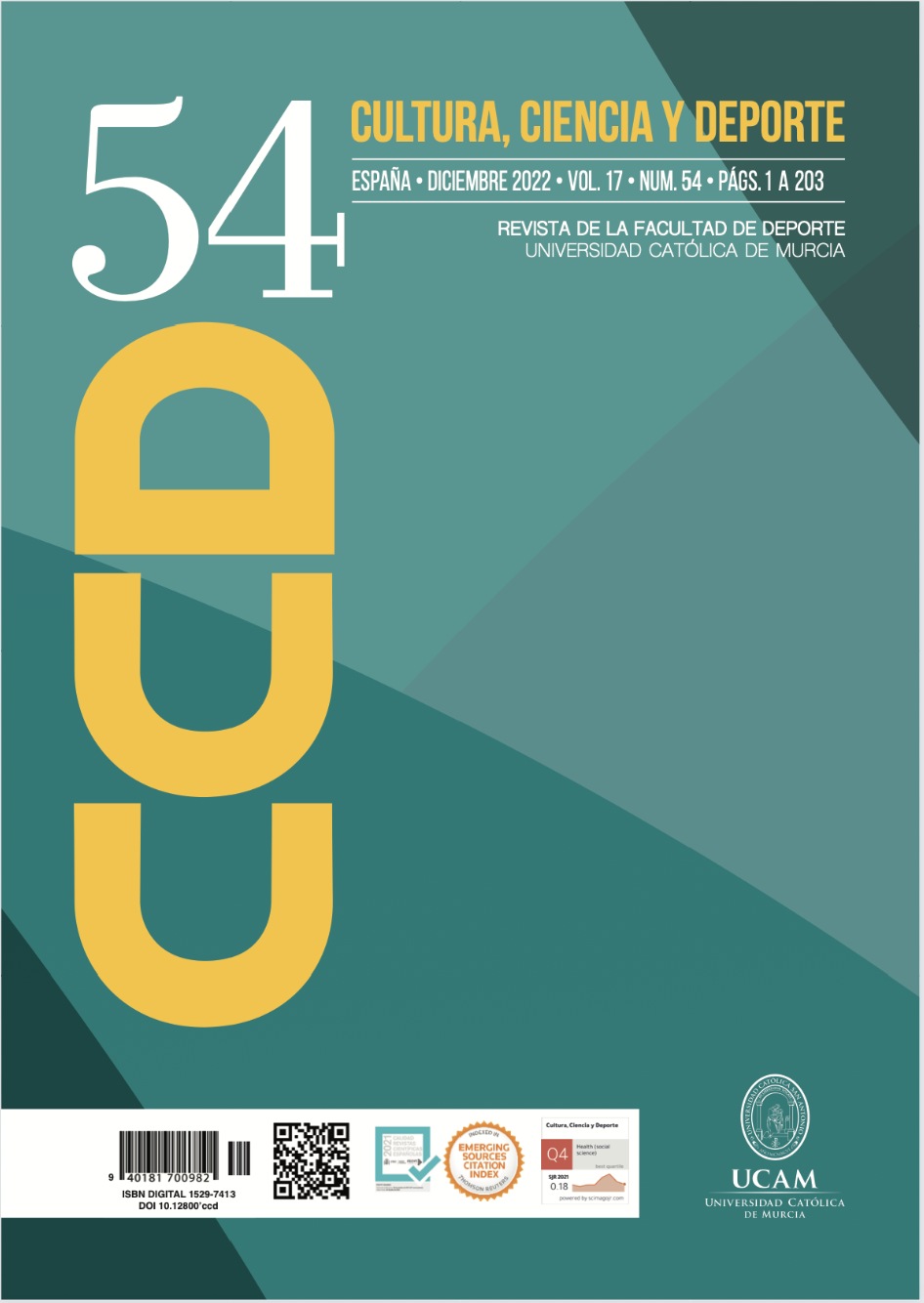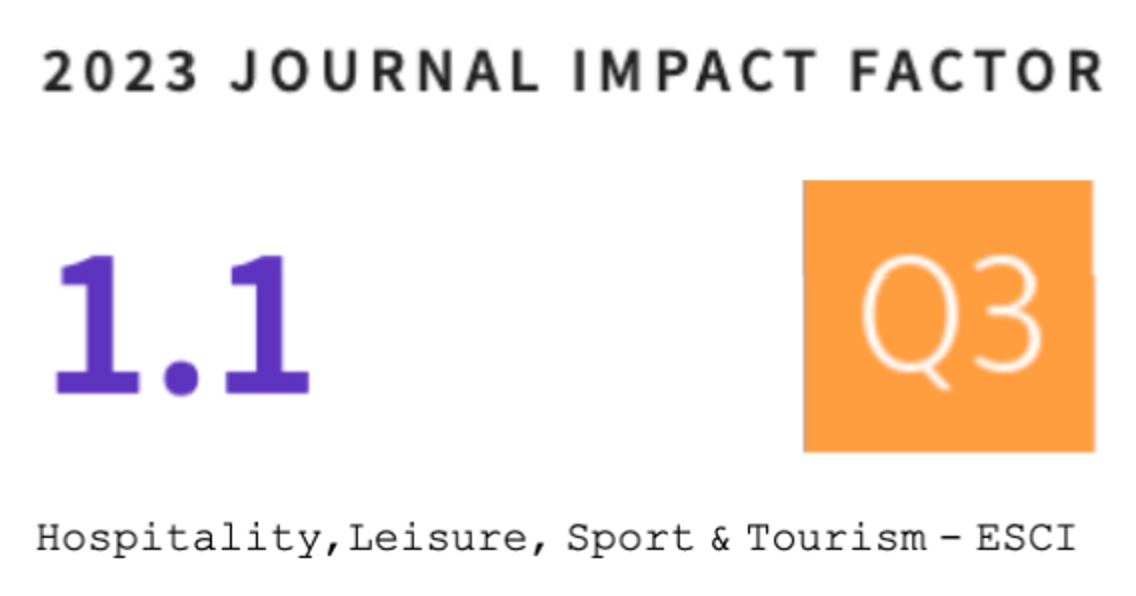Improvements and perception following a physical-exercise intervention specific for chronic/palliative older adults
DOI:
https://doi.org/10.12800/ccd.v17i54.1906Resumen
After analysing the impact of a cognitively oriented multicomponent home-based exercise training program on independence, perceived health status, and lower limb strength in a group of multimorbid and/or palliative older patients (MPO-P), we studied the associations between improvements following training and the participants and health personnel’s opinion of the program. 13 MPO-P, (80.15+4.20 years) completed four months of training progressing in autonomy (from two supervised sessions and one autonomous weekly -60min session-, to two autonomous and one supervised). This was followed by four
autonomous (detraining) weeks with a recommendation to continue the exercises. Volume and intensity were increased by introducing more global exercises, with a greater neuromuscular load and double tasks, and a shorter resting interval. No exercise was repeated during the session (EFAM-UV©). Independence (Barthel) and perceived health (physical SF-36, with no changes in the mental domain), were improved after supervised training, with a tendency to improve in strength (sitting and standing for 30-s) and perceived health (total SF-36). This effect was maintained after the autonomous detraining phase, with a very favourable final perception by both patients and health personnel, as indicated in questionnaires. The gain in independence correlated negatively with the users’
perception, but this requirement ensured the improvement. There was no association between perceived health and the evaluation of the program.
Publicado
Cómo citar
Número
Sección
Licencia
Derechos de autor 2022 Creative Commons Attribution License

Esta obra está bajo una licencia internacional Creative Commons Atribución-NoComercial-CompartirIgual 4.0.
Los autores que publican en esta revista están de acuerdo con los siguientes términos:- Los autores conservan los derechos de autor y garantizan a la revista el derecho de ser la primera publicación del trabajo al igual que licenciado bajo una Creative Commons Attribution License que permite a otros compartir el trabajo con un reconocimiento de la autoría del trabajo y la publicación inicial en esta revista.














